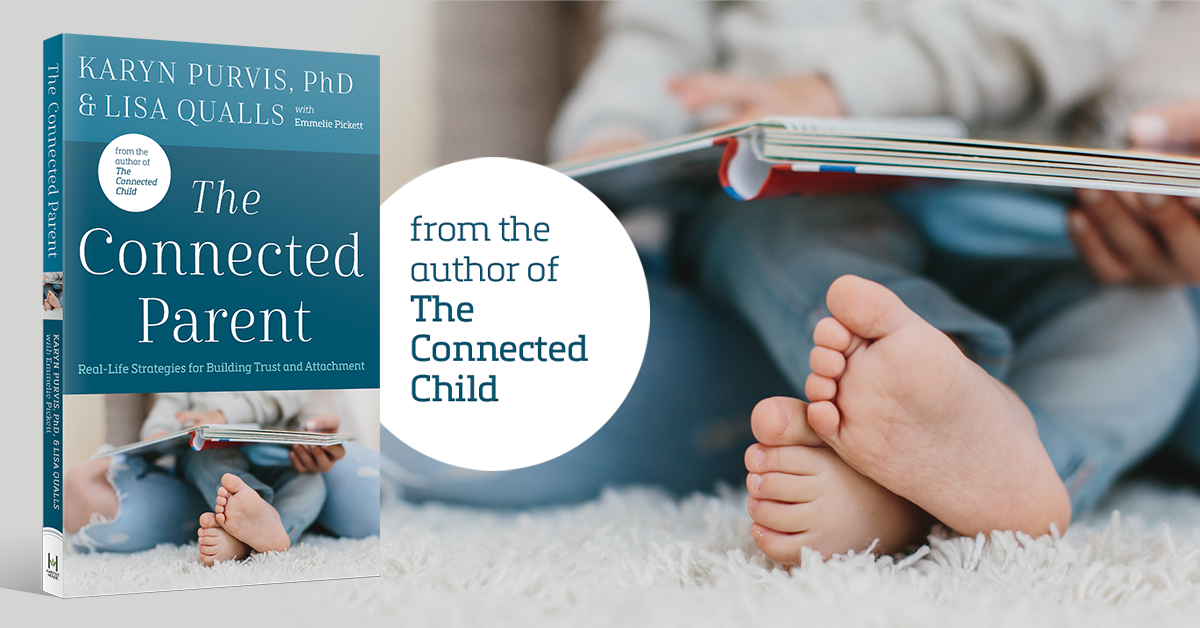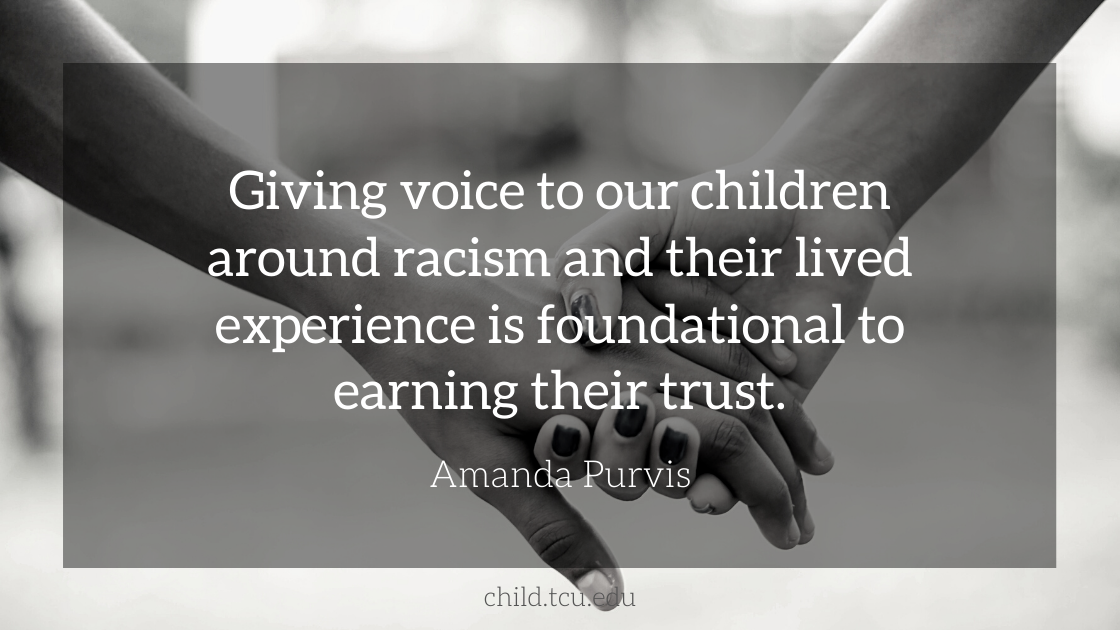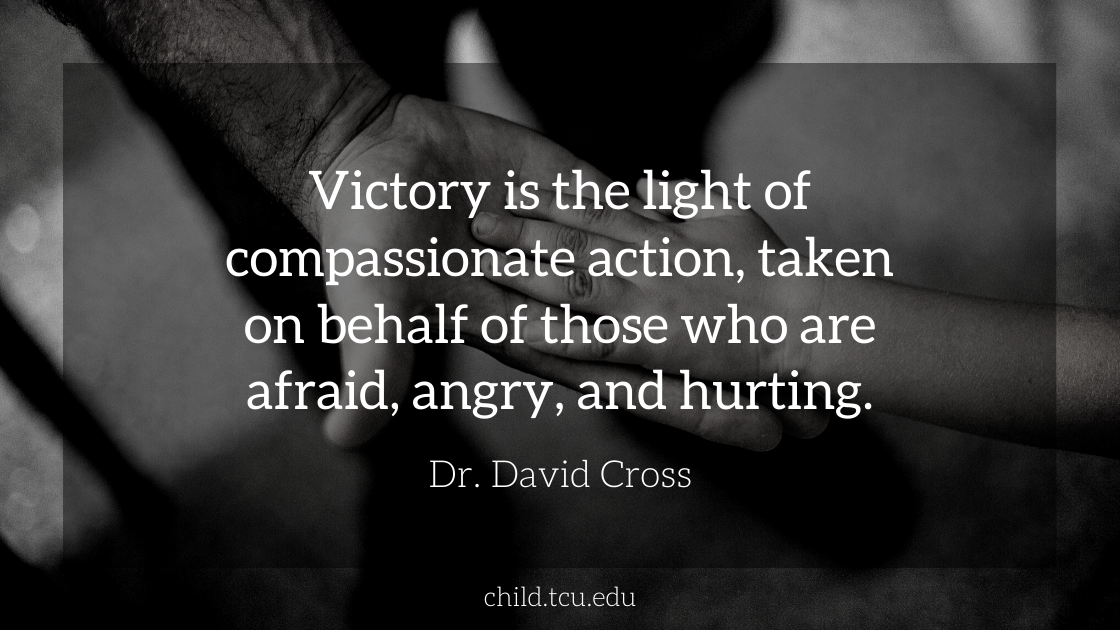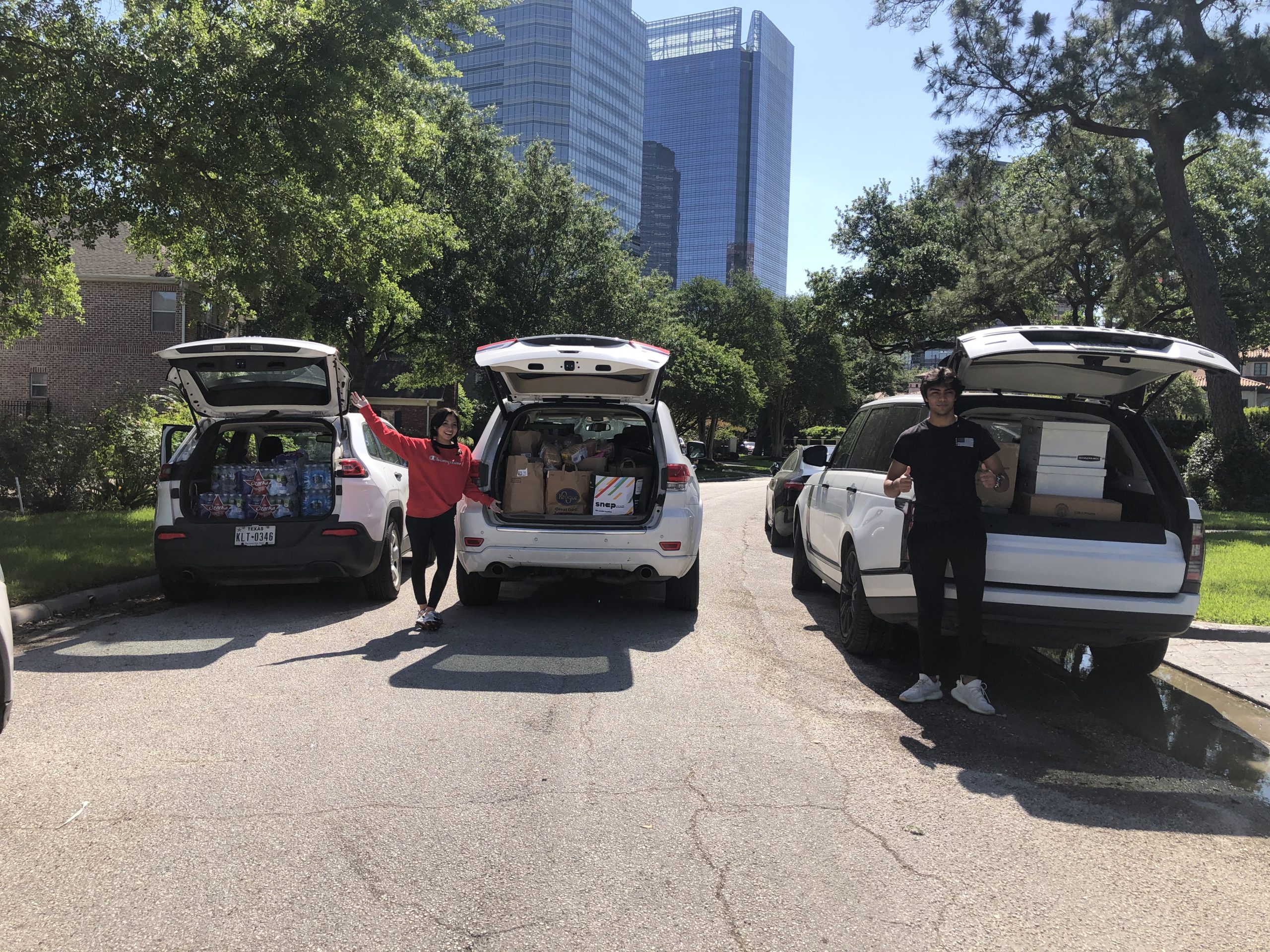
Our second episode of Connected Communities features a conversation between our host and KPICD Training Specialist, Sarah Mercado, and Dr. Casey Call. Dr. Call is the Assistant Director of Education at the institute and also serves as an Assistant Professor of Professional Practice in the TCU Department of Psychology. Before we dive into our first series, we wanted to give a brief overview of Trust-Based Relational Intervention. In this episode, Dr. Call shares from her rich experience and deep knowledge of TBRI. If you’re new to TBRI, this episode is the perfect place to start.
Show Notes
Linked References from this episode
- TCU Magazine
- Dr. Karyn Purvis
- Dr. David Cross
- Hope Connection Camp
- Dr. Tiffany Field, University of Miami
- The Kissing Hand
- Engine Plates
- KPICD Resources
- KPICD YouTube Channel
About Our Guest
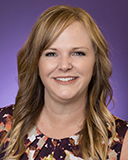 Dr. Casey Call is the Assistant Director at the Karyn Purvis Institute of Child Development (KP ICD) and Assistant Professor of Professional Practice in the TCU Department of Psychology. She serves in various capacities at the Purvis Institute including research, training, and outreach connected to Trust-Based Relational Intervention® (TBRI®). Casey also teaches, advises, and mentors TCU students in the Child Development undergraduate and graduate programs. Casey is a Licensed Professional Counselor Supervisor and is a registered Circle of Security® parent educator. She has also received training in Theraplay® Level One and in scoring the Strange Situation Protocol.
Dr. Casey Call is the Assistant Director at the Karyn Purvis Institute of Child Development (KP ICD) and Assistant Professor of Professional Practice in the TCU Department of Psychology. She serves in various capacities at the Purvis Institute including research, training, and outreach connected to Trust-Based Relational Intervention® (TBRI®). Casey also teaches, advises, and mentors TCU students in the Child Development undergraduate and graduate programs. Casey is a Licensed Professional Counselor Supervisor and is a registered Circle of Security® parent educator. She has also received training in Theraplay® Level One and in scoring the Strange Situation Protocol.
Casey earned her B.S. in psychology from the University of North Texas in 1997 and then worked as a milieu therapist in the in-patient psychiatric unit at Children’s Medical Center of Dallas before returning to school. She earned a M.Ed. in Elementary Education from TCU and worked as an elementary school teacher in Coppell and Ft. Worth. After teaching for several years, Casey returned to TCU to earn her M.Ed. in Counseling and then worked as a middle school and high school counselor in Birdville I.S.D. Through these experiences in the education field, Casey developed a passion for teaching, learning, and improving educational systems.
Captivated by the work of the Karyn Purvis Institute of Child Development, Casey returned to TCU once again and earned her M.S. and Ph.D. in Developmental Psychology under the direction of Drs. David Cross and Karyn Purvis. Through her work at the KP ICD, Casey combines her passions of serving children and families from hard places and bringing trauma-informed interventions into systems of care.
Casey is married to Brian, a lieutenant in the Fort Worth Fire Department. They have two children, Beckett and Betsy.
About the Host

Sarah Mercado is a Training Specialist with the Karyn Purvis Institute of Child Development (KPICD). As training specialist, Sarah’s main focus is instructing professionals working with children who have experienced trauma, in Trust-Based Relational Intervention® (TBRI®). TBRI®, a holistic, attachment-based, and trauma-informed intervention designed to meet the complex needs of vulnerable children, offers practical tools for caregivers to help those in their care reach their highest potential.
Sarah earned her Bachelor’s Degree from Sweet Briar College in Virginia. She began her career as a direct care staff working with adolescent boys living in a Residential Treatment Center (RTC). After serving in the RTC for several years, she shifted her focus to foster care, where she was Regional Director for a foster and adoption agency.
Sarah spent 20 years serving youth and families within residential and foster care settings as a direct-care worker and trainer before beginning her work with the Purvis Institute in May 2016. Sarah lives near Austin, TX with her husband, AJ, and their two children.
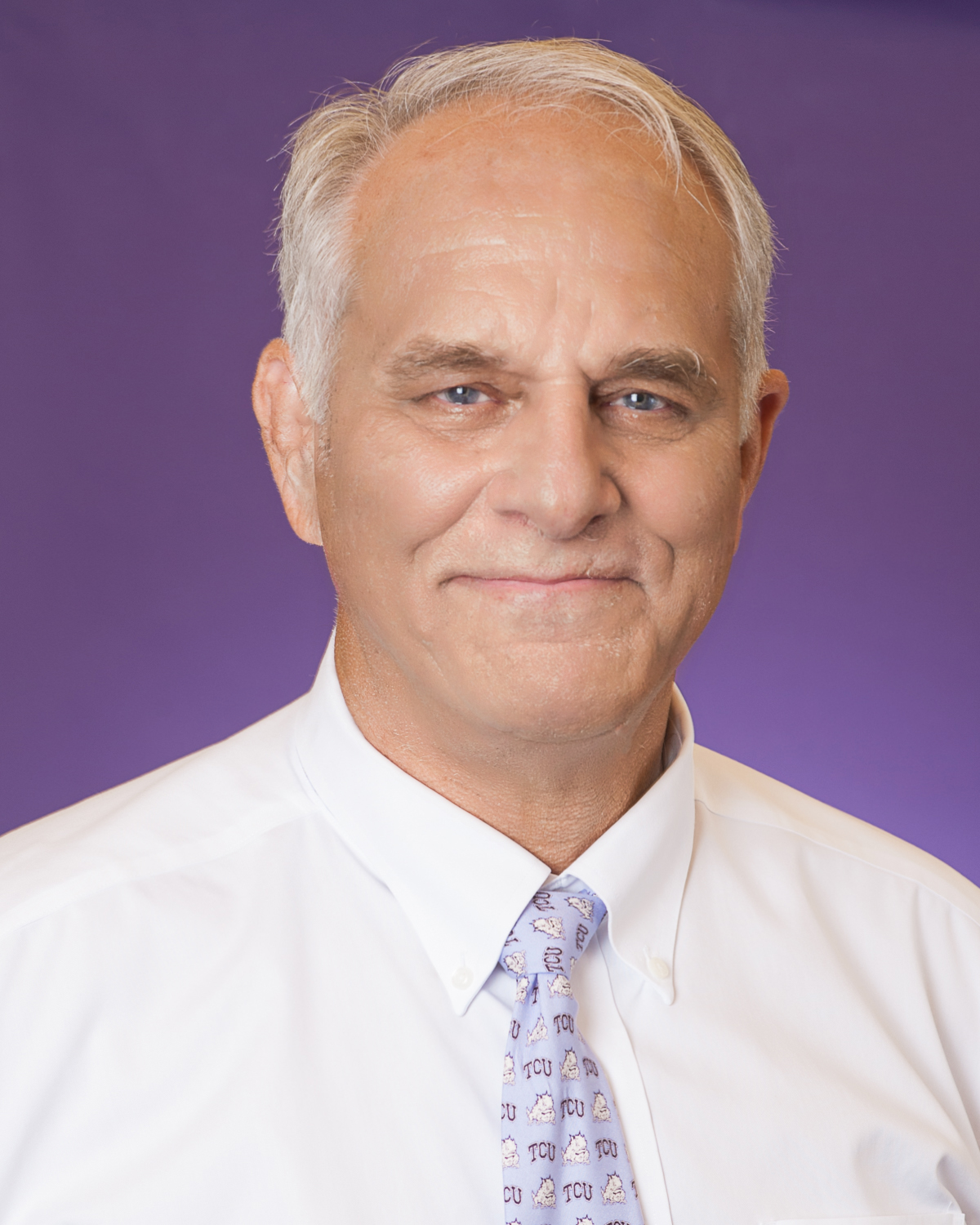 Dr. David Cross is the Rees-Jones Director of the Karyn Purvis Institute of Child Development and a Professor in the TCU Department of Psychology. Dr. Cross leads the Institute in its triple mission of research, education and outreach to improve the lives of children who have experienced abuse, neglect, and/or trauma. He has authored many peer-reviewed publications about issues regarding at-risk children.
Dr. David Cross is the Rees-Jones Director of the Karyn Purvis Institute of Child Development and a Professor in the TCU Department of Psychology. Dr. Cross leads the Institute in its triple mission of research, education and outreach to improve the lives of children who have experienced abuse, neglect, and/or trauma. He has authored many peer-reviewed publications about issues regarding at-risk children.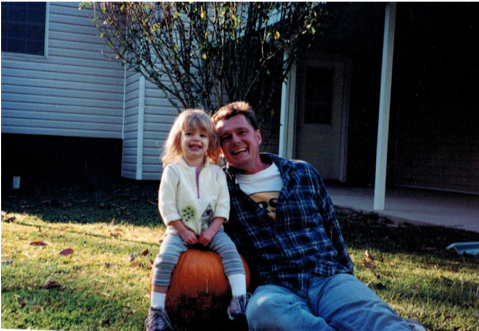
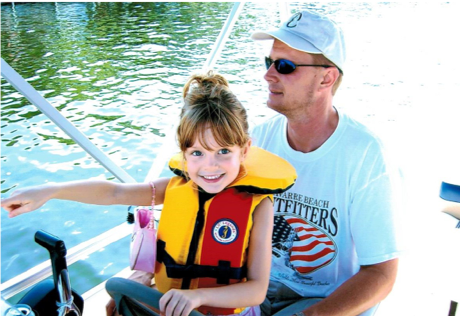 I also thought this finding has important implications when considering the effect of a healthy father-child relationship and children with histories of trauma. For many of these children, they were robbed of a voice. For many of these children, fear marked their early years. For many of these children, shame has taken root and the confidence needed to explore the world is essentially non-existent. Therefore, I would argue, a relationship that promotes bravery, exploration, confidence, and gives voice is necessary to give back what trauma took.
I also thought this finding has important implications when considering the effect of a healthy father-child relationship and children with histories of trauma. For many of these children, they were robbed of a voice. For many of these children, fear marked their early years. For many of these children, shame has taken root and the confidence needed to explore the world is essentially non-existent. Therefore, I would argue, a relationship that promotes bravery, exploration, confidence, and gives voice is necessary to give back what trauma took.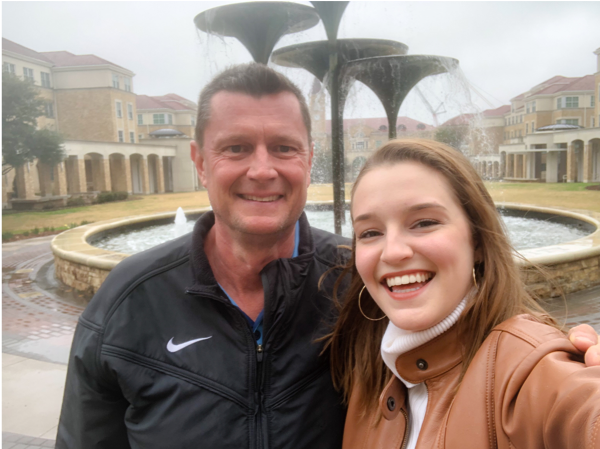 So, whether you are a biological father, foster father, adoptive father, or father figure, please know you are so important to the children in your care. Their relationship with you is unlike any other. I want to take a moment to honor and thank my father and fathers worldwide. Thank you for teaching me about dedication and determination so I know that when I fall, I will also rise again. Thank you for challenging me to step outside my comfort zone because you knew I had so much to learn. Thank you for making me brave by reminding me of how beautiful the world truly is. Thank you for being proud of me. I wouldn’t be who I am today without your care and commitment to me.
So, whether you are a biological father, foster father, adoptive father, or father figure, please know you are so important to the children in your care. Their relationship with you is unlike any other. I want to take a moment to honor and thank my father and fathers worldwide. Thank you for teaching me about dedication and determination so I know that when I fall, I will also rise again. Thank you for challenging me to step outside my comfort zone because you knew I had so much to learn. Thank you for making me brave by reminding me of how beautiful the world truly is. Thank you for being proud of me. I wouldn’t be who I am today without your care and commitment to me.